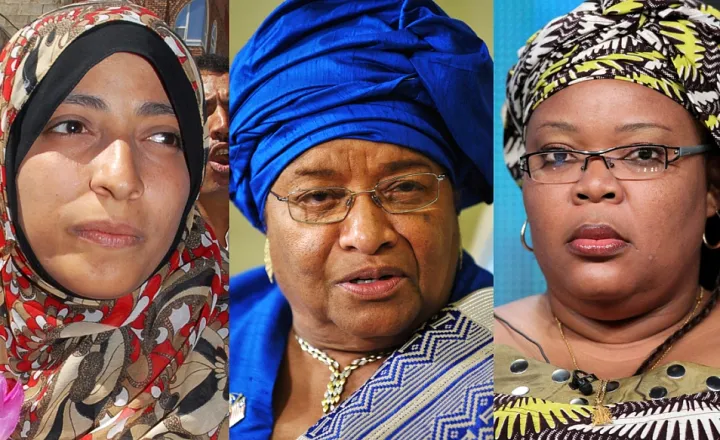For Africa, the diaspora comprises millions of Africans living in North America, Europe, Asia, and other parts of the world. The concept of diaspora investments is not new. Africans living abroad have sent remittances to support their families and communities back home. These individuals, driven by a desire to give back to their roots, channel their resources into various sectors such as real estate, agriculture, healthcare, education, and technology. The contributions can take various forms, including remittances, direct investments, and philanthropy.
According to the World Bank, Africa received nearly $100 billion in remittances in 2022 alone, which was an increase from $48 billion in 2019. In Nigeria in 2021, diaspora migrants’ remittances to the country rose a little again $19.4 billion and 3.3 percent of the GDP. There was a recorded increase in 2022 of $20.3 billion accounting for 3.5 percent of the GDP. However, the trend is shifting from mere remittances for consumption to strategic investments aimed at creating long-term economic benefits.
Key Sectors in Africa Benefiting from Diaspora Investments
Real Estate and Infrastructure
The African diaspora has shown a growing interest in the real estate sector, driven by the desire to own property in their home countries and contribute to urban development. In countries such as Nigeria, Kenya, and Ghana, diaspora investments are fueling the construction of residential, commercial, and industrial properties, leading to job creation and improved living standards. According to Statista, the real estate market in Africa is expected to grow at a compound annual growth rate (CAGR) of 5.92% from 2021 to 2028.
Agriculture
Agriculture remains the backbone of many African economies, and diaspora investments are helping to modernize this sector. By financing agribusiness ventures and supporting the adoption of new technologies, the diaspora is enhancing productivity and food security. The International Fund for Agricultural Development (IFAD) highlights that diaspora-funded agricultural projects are improving livelihoods and creating jobs in rural areas, contributing to sustainable development.
Technology and Innovation
Africa’s technology sector is booming, and the diaspora is at the forefront of this revolution. Many African expatriates are leveraging their expertise and networks to support tech start-ups across the continent. In 2021, African tech start-ups raised a record $4.65 billion in funding, with significant contributions from diaspora investors. These investments are not only providing capital but also bringing in valuable mentorship and market access opportunities, fostering innovation and entrepreneurship.
Healthcare
Improving healthcare infrastructure is another area where diaspora investments are making a difference. From building hospitals to funding medical research, the contributions of the African diaspora are enhancing healthcare services. The African Diaspora Health Initiative (ADHI) has been instrumental in mobilizing resources for health projects across the continent. These efforts are improving healthcare delivery and outcomes, particularly in underserved communities.
READ ALSO: Combatting Food Insecurity in Nigeria: Overreliance on Exports
Education
Education is key to sustainable development, and the African diaspora is committed to advancing educational opportunities. Scholarships, funding for schools, and investments in educational technology are some of the ways the diaspora is contributing. Initiatives like the African Leadership Academy, supported by diaspora investments, are shaping the continent’s future leaders.
The Future of Diaspora Investments in Africa
As more Africans migrate and build wealth abroad, their capacity to invest back home increases. They bring much-needed capital, create jobs, enhance skills, and promote sustainable development across various sectors. The future of diaspora investments in Africa might look promising, but they’re only as powerful as the need to promote investment opportunities in Africa which is the catalyst for Africa’s economic growth.


